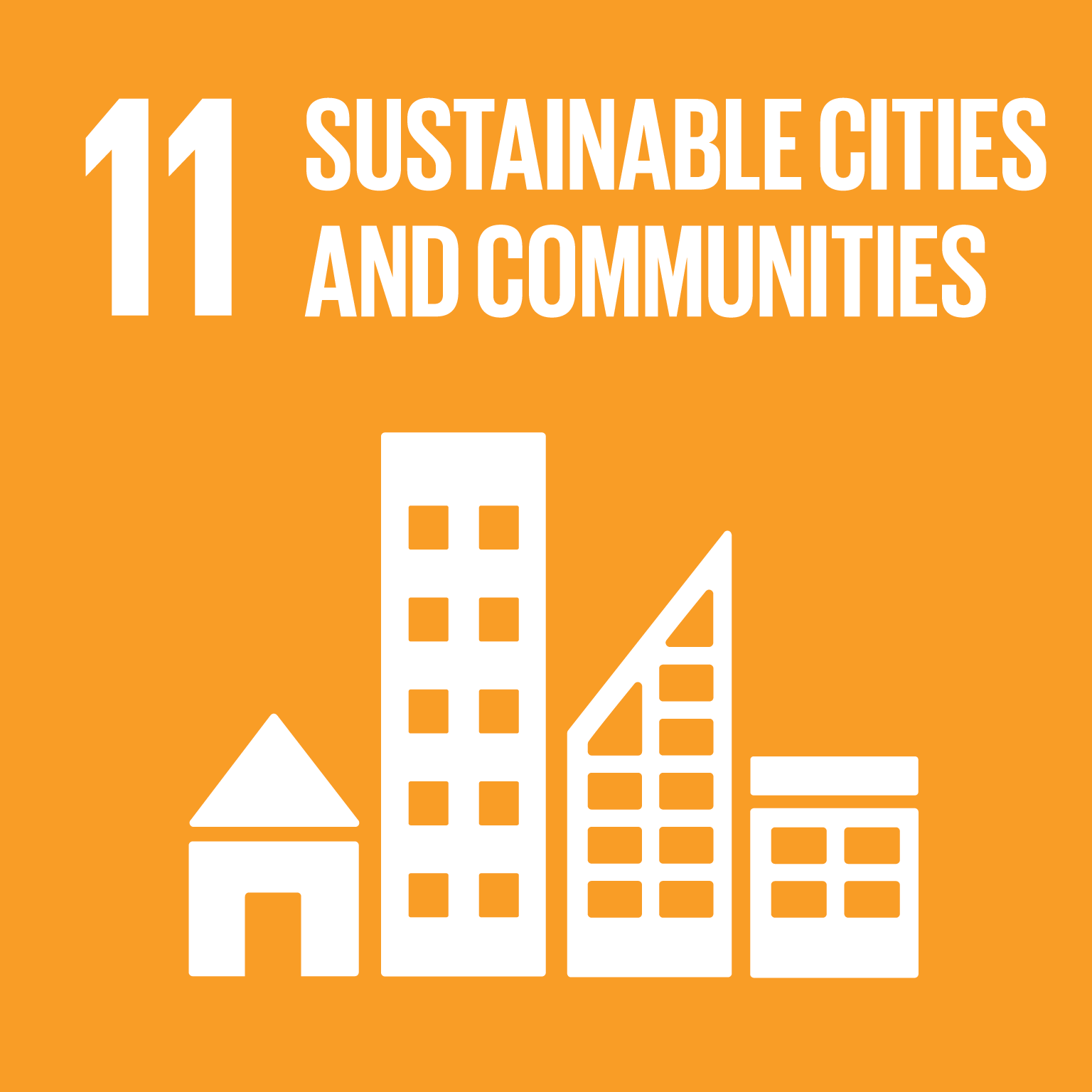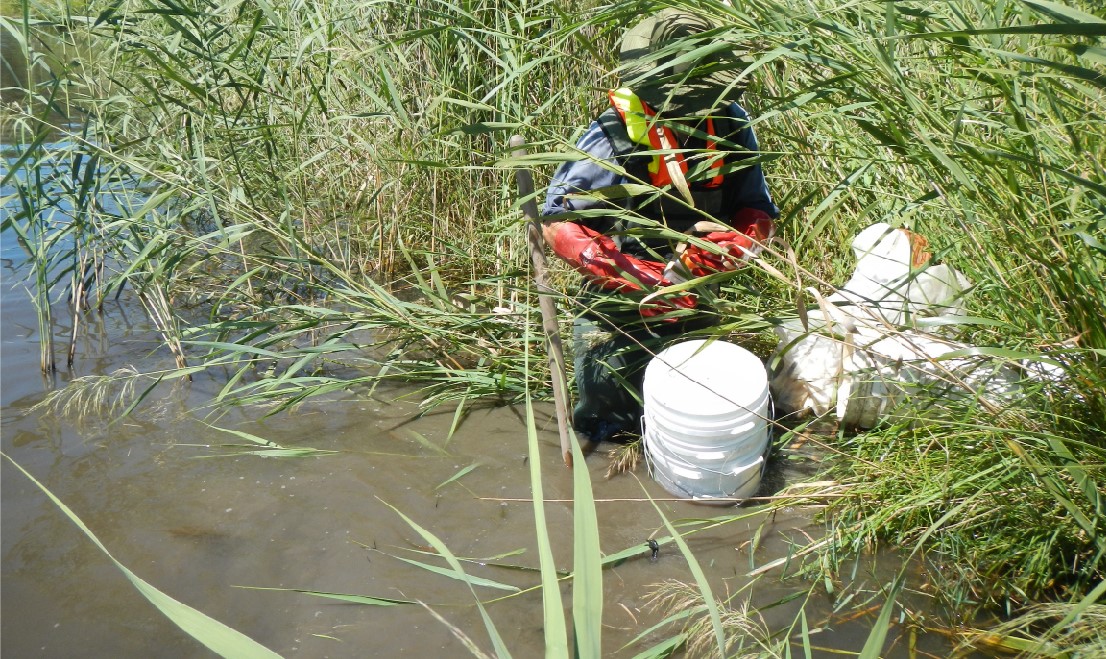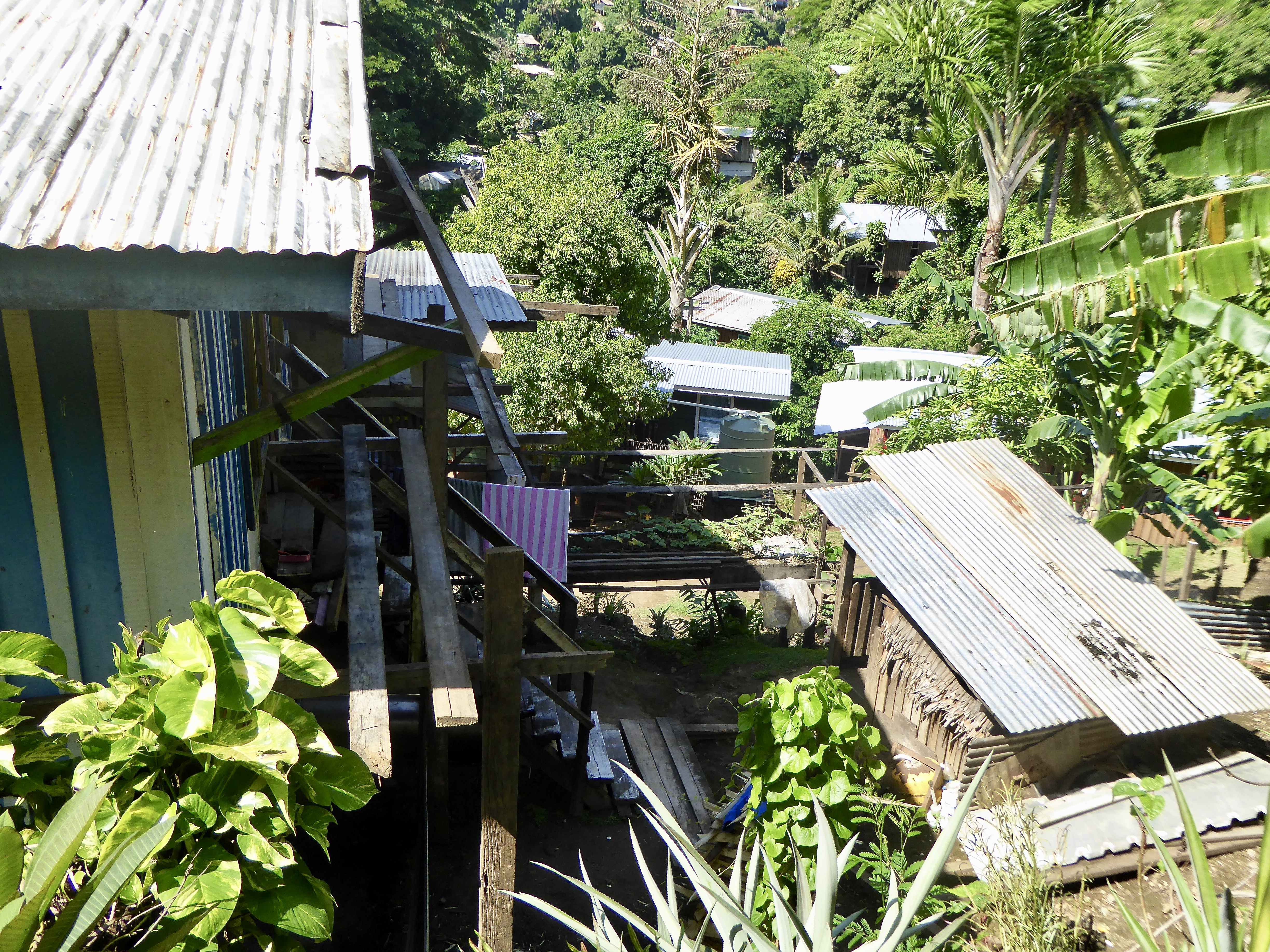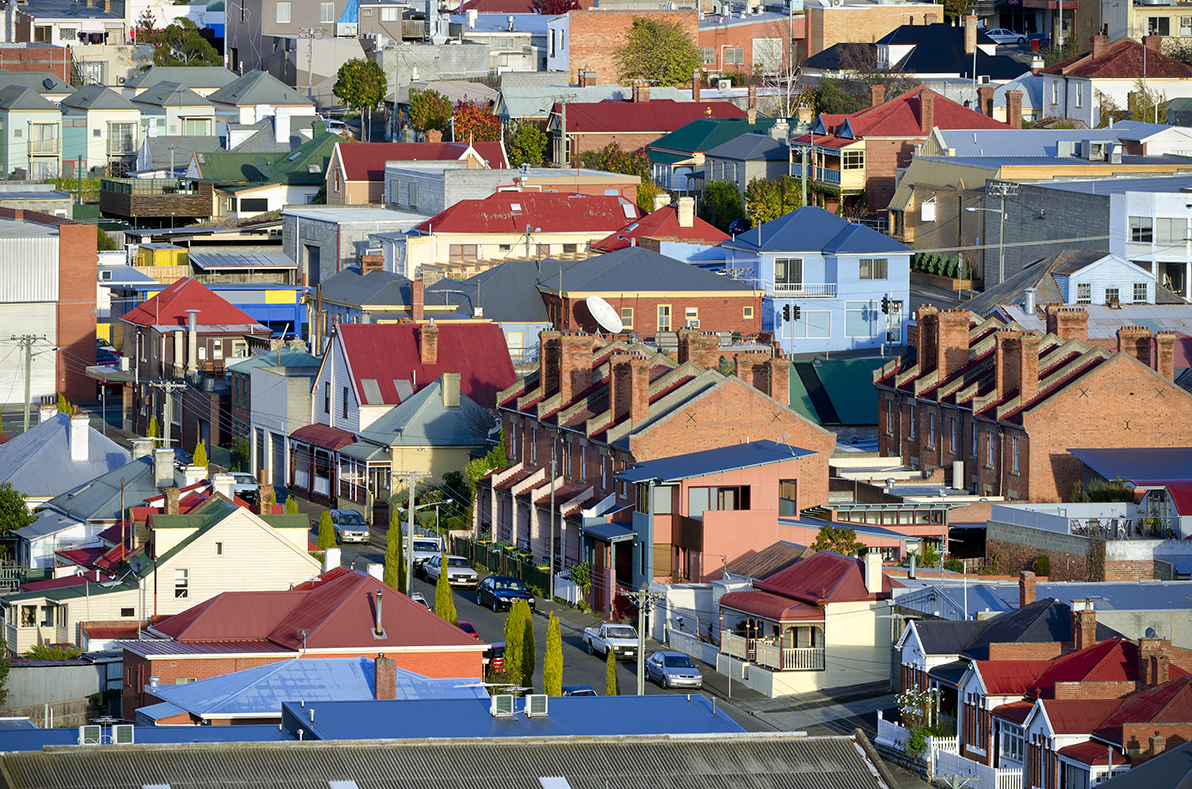Improved Urban Systems for Liveability
This project investigates how major cities function and the effects of their land-use, housing and infrastructure systems on the humans that live in them.
Aquatic Pollution Prevention Partnership
The aims of this research partnership between Melbourne Water and RMIT University is to help prevent aquatic pollution.
Engineering solutions for informal settlements in Honiara, Solomon Islands
Based on technical site visits and self-identified community needs, RMIT University engineers from different disciplines are designing solutions to mitigate water, sanitation, drainage, waste, and flood risks in five highly vulnerable settlements in Honiara, Solomon Islands.
Creating Liveable Cities in Australia
Creating Liveable Cities in Australia is the first “baseline” measure of liveability in Australia’s state and territory capitals.







